Product pictures
| Amount Per 1 slice | |||
| Calories | 80 Kcal (335 kJ) | ||
| Calories from fat | 54 Kcal | ||
| % Daily Value* | |||
| Total Fat | 6g | 9% | |
|---|---|---|---|
| Saturated Fat | 2.5g | 13% | |
| Cholesterol | 25mg | 8% | |
| Sodium | 350mg | 15% | |
| Total Carbs | 2g | 1% | |
| Protein | 3g | 6% | |
* Percent Daily Values are based on a 2000 calorie diet. Your daily values may be higher or lower depending on your calorie needs.
Find out how many calories should you eat.
Ingredients And Nutrition Overview
Best
choice Good
choice Poor
choice Avoid
it!
choice Good
choice Poor
choice Avoid
it!
-
WeightWatchers Points: 2.3, PointsPlus: 2, SmartPoints: 3
WeightWatchers Points are estimated by carbohydrates, fats, protein and fiber in product. They are not an affirmation of better quality or nutritional value of the product or its manufacturer. Only way to count for dieters. Less points are better.
Read more at Weight watchers diet review -
Much saturated fat
Too much saturated fat raises blood cholesterol, that can increase the risk of heart disease.
This fact has been approved by most health organizations in the world.
You have to limit the intake of it by your recommended daily intake.
Ideally, we should eat less than 10% of calories from saturated fat, so the reference value for an average adult is 24 grams daily.
Remember: a 1-ounce slice of regular cheese has nearly 5 grams of saturated fat.
Read more about fat -
Salty! Has over 15% of the daily sodium max
The average American consumes 5,000 mg of sodium daily — twice the recommended amount amount of 2400mg for healthy adults, this is 1 teaspoon of salt.
For medical reasons many people should not exceed 1500mg of sodium.
Surprisingly, you're responsible for only 15% of the sodium in your diet the bigger part - 75% of the sodium that you consume each day comes from processed foods, not home cooking or the salt shaker.
Excess sodium intake increases the risk of high blood pressure, hypernatremia, hypertension, cardiovascular disease and other heart problems.
Are these reasons enough to cut the sodium intake? No doubt! -
Convert Salt tsps to Sodium mg easily
Salt (NaCl) is not excactly sodium (Na).
It is not right to use these terms as synonyms.
The FDA recommended limit of sodium is 2,300 mg per day (or even less - about 1500 mg while one is on low sodium diets).
This is much less than the weight of salt.
(5,750 mg per day or 3,750 mg for low sodium diet) and not so convenient to calculate.
Know how much sodium is in your salt - without a calculator:
1/4 tsp salt = 600 mg sodium
1/2 tsp salt = 1200 mg sodium
3/4 tsp salt = 1800 mg sodium
1 tsp salt = 2300 mg sodium -
Not a really good source of calcium!
Cheese is a generally a good source of calcium (more than 10% daily value per serving) - but not this.
If you are looking for calcium - swap for something with higher calcium content.
By the way, you don't need high fat or calories to get high calcium.
Many "lite" versions of cheese provide 30% of daily calcium needs.
Choose cheeses that are a naturally good source of calcium.
If you're worried about fat and calories, pre-sliced cheese, cheese sticks or cheese squares
are a great way to make sure your portion is the right size.
The FDA defines a serving of cheese as 1 ounce (30 grams). -
Contains MSG-like ingredients
People feeling reaction to MSG may also react adversely to MSG-like substances.
Glutamates or chemically similar items are added to improve a product's taste.
Here is a short list of common MSG-like substances:
- Yeast extract
- Autolyzed yeast
- Hydrolyzed proteins
- Textured proteins
- Anything "enzyme modified"
-
Sodium erythorbate, will it keep you safe?
It's a new type of additive and is a synthetic variation of ascorbic acid - Vitamin C.
It is used to keep a wide variety of foods fresh - from meats and canned fruits and vegetables to wines, jams and soft drinks.
During the process of cooking or digestion of certain processed meats, nitrites in them combine with naturally present amines and form carcinogenic N-nitroso compounds, which are associated with cancer.
Sodium erythorbate (or ascorbic acid) helps to prevent the formation of these cancer-causing chemicals.
Allergens
Lactose Allergy, Milk Allergy, Corn Allergy
Cheese bologna Ingredients
Mechanically Separated Chicken, Pork, Pasteurized Process Cheddar Cheese (Cheddar Cheese [Pasteurized Milk, Cheese Cultures, Salt, Enzymes], Water, Milkfat, Sodium Phosphate, Salt, Sorbic Acid, Annatto [Color], Water, Corn Syrup, Contains Less than 2% of Salt, Flavor, Sodium Lactate, Sodium Phosphates, Autolyzed Yeast, Sodium Diacetate, Sodium Erythorbate (Made from Sugar), Sodium Nitrite, Dextrose, Extractives of paprika, Potassium Phosphate, Sugar, Potassium Chloride.
You Might Also Like
% RDI of Main Nutrition Facts
4%
of RDI* (80 calories) 0 g
-
Cal: 4 %
-
Fat: 9.2 %
-
Carb: 0.7 %
-
Prot: 6 %
-
0%25%75%RDI norm*
Calories Breakdown
- Carbs (10.8%)
- Fat (73%)
- Protein (16.2%)
Get Your Recipe of Health!
Follow RecipeOfHealth on Facebook!

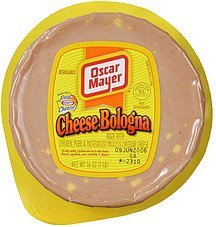
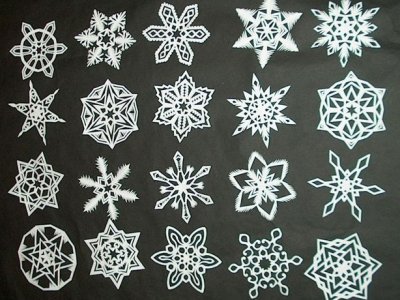
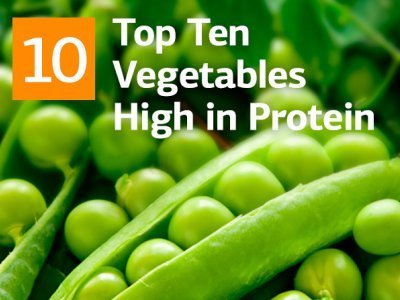

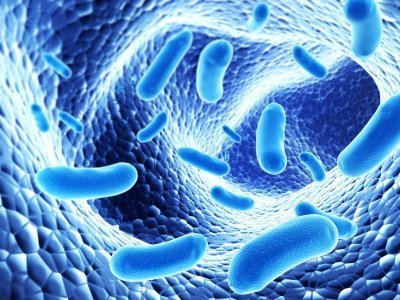


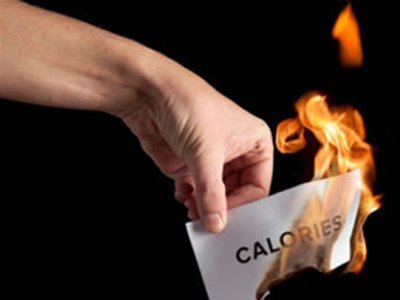
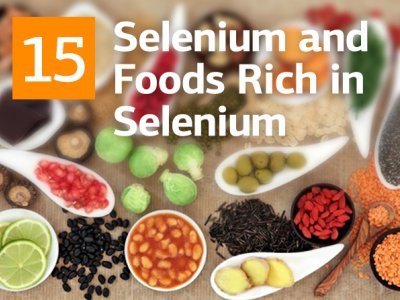
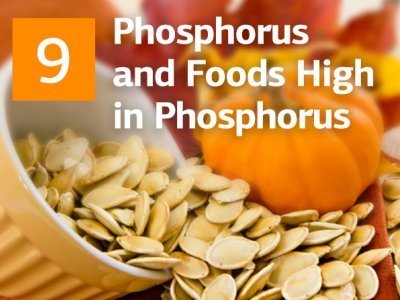
Add your comment